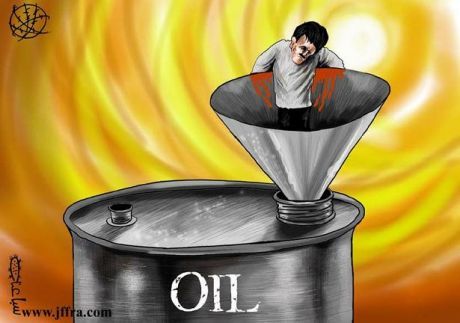News
You are here
Libya: oil workers' strikes

September 21, 2013
Since mid-July, Libyan oil production has been hampered significantly by protests from armed militias, tribal groups and striking oil workers.
Protesters have taken control of oil fields in the south of the country and oil shipping terminals on the Libyan coast. The drop in production is costing the government approximately $130 million in lost revenue every day. As a result, the Libyan Attorney General has issued arrest warrants for the leaders of the different protest groups and Prime Minister Ali Zeidan intimated that the use of military force may be needed if the protests do not end soon.
The protesters’ demands cover a range of different issues, including pay raises, increased security, an end to political corruption, and greater political autonomy at the regional-level. While the protests may not be coordinated, they ultimately stem from the same underlying problem—the distribution of oil revenues. Since the fall of Muammar Gaddafi, the Libyan people have not seen substantial improvements in their day-to-day lives. Speaking with the BBC, a young man in Tripoli described the situation as follows: “We are starting the third year and people were promised that when Muammar was removed, their lives and income would improve, but there’s nothing. There are small changes.”
The Libyan oil fields and shipping terminals survived the revolution relatively unscathed, and before these protests Libya was operating at just under pre-revolution levels. While the recovery of the oil industry is seen as essential to a country overcoming 42 years of autocratic rule, it is also vital to the profit margins of international oil companies operating in Libya. Many Libyans are angry that while they struggle to survive, billions of dollars are repatriated by these companies. Moreover, despite ousting Gaddafi, they are not experiencing any direct benefits from oil revenues collected by the government.
Overthrowing Gaddafi was just the first step of the revolution, and the equitable distribution of oil revenues and all resources is the next step. But NATO intervened with "humanitarian intervention" that highjacked the revolution and supported former Gaddafi regime elements to maintain inequality. As a result, there have been strikes and protests against the new regime in an attempt to continue the revolution.
Section:










